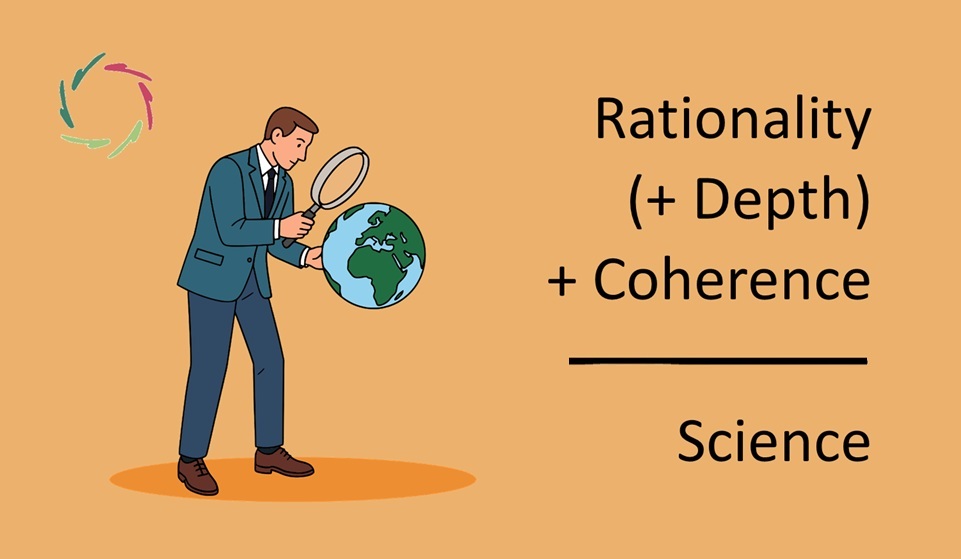What’s the Purpose?

Without life, there is no purpose. Without purpose, there is no life.
We want our purpose to be our own purpose.
This, too, is basic to life. An entity of life is an entity with purpose. Take, for instance, you. Your hand, nose, brain, stomach… don’t have a purpose. You have. Your stomach is not an entity of life. You are.
And also a bacterium. And also each cell of your body. That is not a contradiction. It is a standpoint. The single cell’s purpose is just minimal compared to yours.
No action without purpose
A purpose may have little direction. For instance, a primitive bacterium may wiggle a bit when not in a good environment.
If people don’t see the purpose of acting and the possibility of succeeding in this purpose, they don’t act.
In short, simplistically and meaningfully, life wants to be lived. Agents are alive. Agents want to succeed in their purposes. Bearing this in mind, every human effort becomes more comprehensible.
Where it becomes less comprehensible at first sight, look for inner dissociation ― from one’s deeper self, from nature. [see: “Inner Dissociation is NEVER OK“]
A leader may best always remember this.
He may know the purpose of some necessary action, but his followers don’t easily follow as long as they don’t see the same. They may ‘resist’ the change. The leader’s followers are his followers in the first place because they see in him their purpose. A leader symbolizes purpose.
A manager manages what needs to be done to accomplish the purpose. People may be managed by a manager. They don’t follow him unless he is also their leader.
Wanted: freedom
Purpose provides direction. Moreover, without freedom, there is no purpose in pursuing this direction.
Bringing direction and freedom together, we come close to invitation. [see: “Freedom + Direction = Invitation“] This again shows the profound importance of invitation to human individuals and culture.
For instance, a leader may invite, thus bringing his followers’ purpose in parallel to his own. This endeavor’s complexity is the reason why there are relatively few excellent leaders around.
But if there is one, wow.
Artificial purpose
Comparing a bacterium to you, one can see the relativity of purpose. From no-life to bacteria, there is also relativity of purpose. It is gradual, and we can track it in its gradualness.
The same with future artificial purpose. It will be traceable in a much wider range, from no-purpose to something comparable in degree to ours – although surely of a different kind – to what may be seen as immensely much more. Even so, there will be relativity in that too. Do we want to recognize artificial purpose as such? Will future artificial purpose want to recognize ours as such?
These are crucial questions, even though their answers do not matter as much as how they are put.
This way of putting questions is relevant already now.


